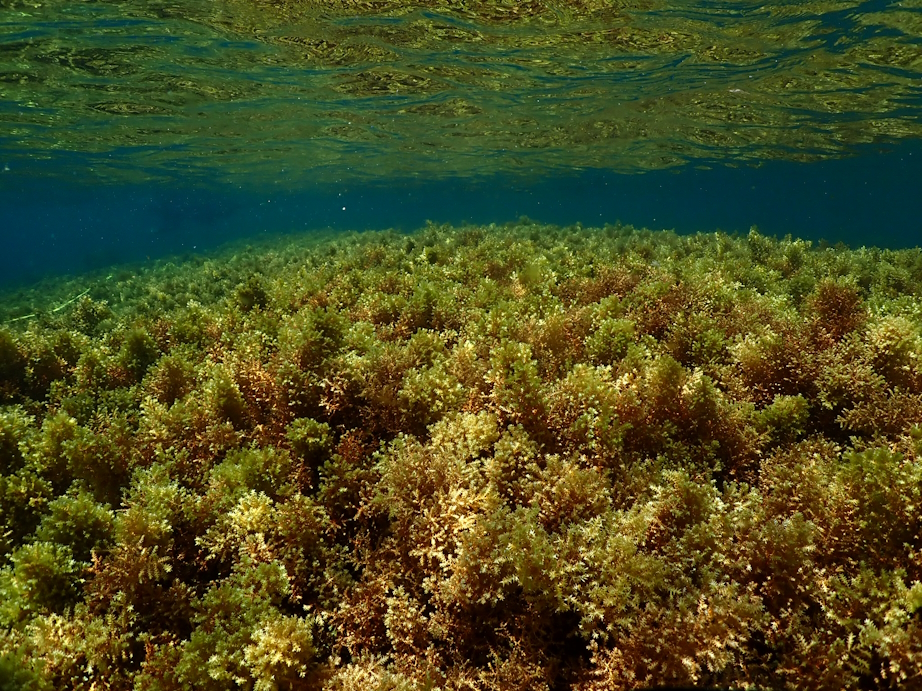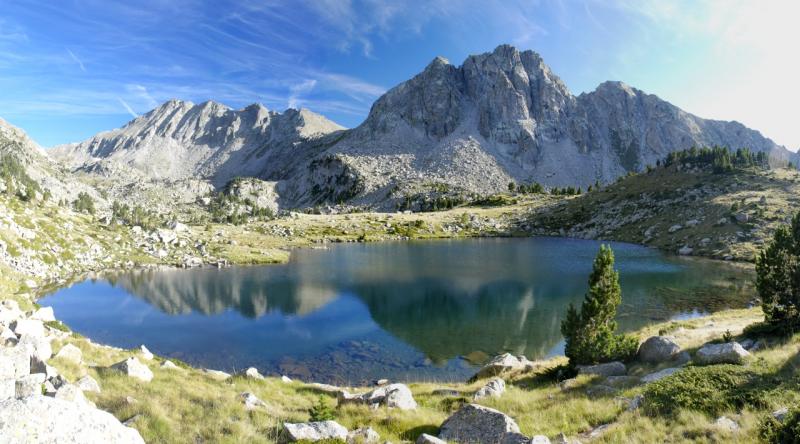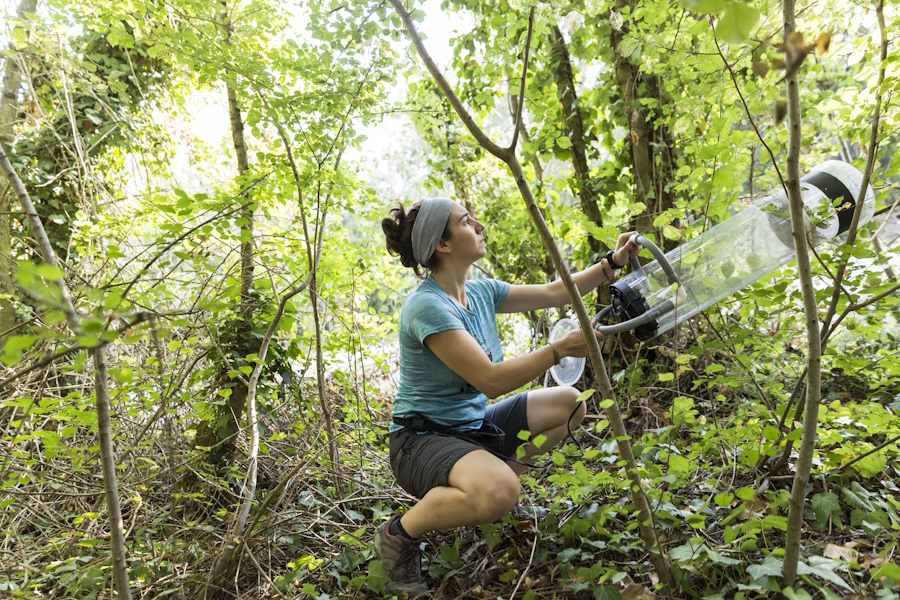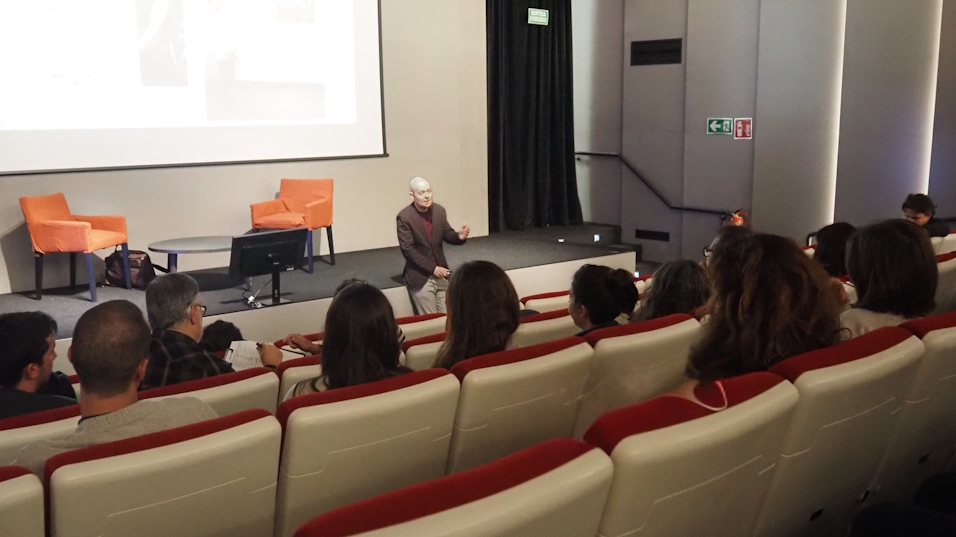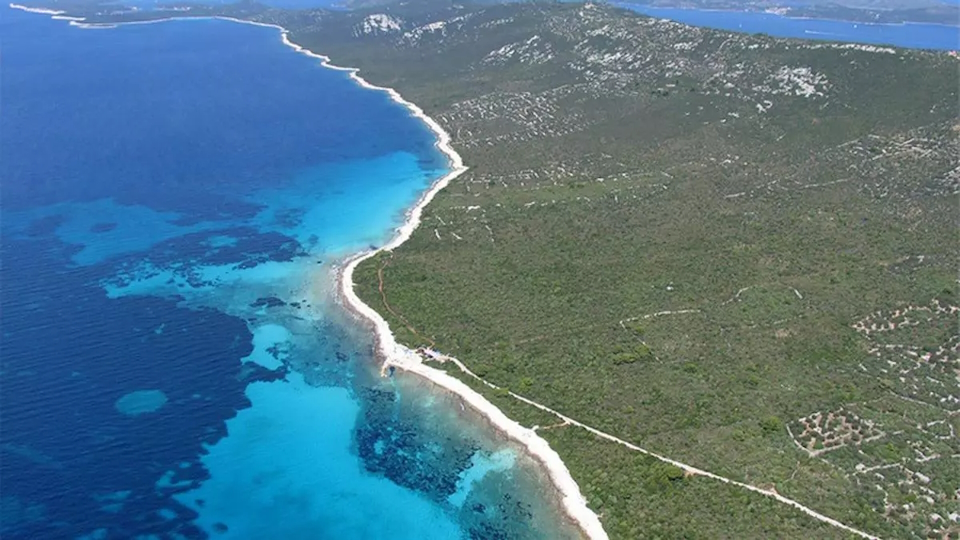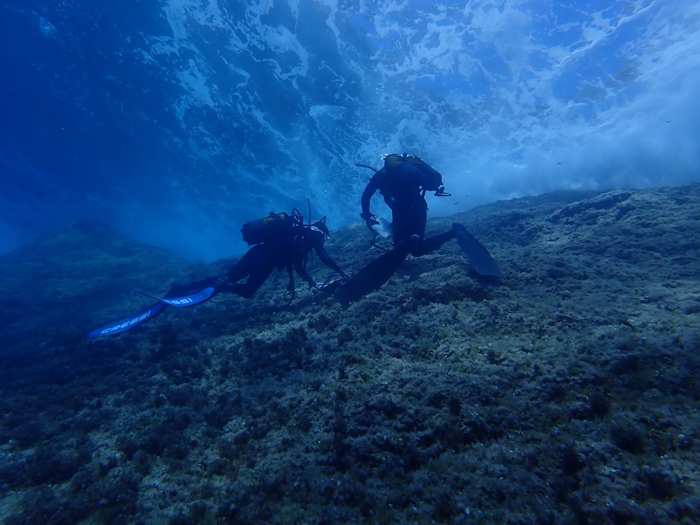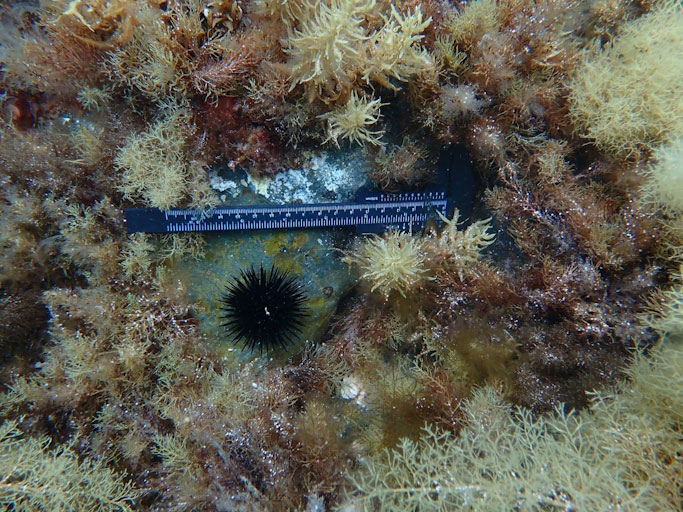The citizen science platform Observadores del Mar (CSIC) has launched a new project to investigate the state of “marine forests” dominated by algae along the North Atlantic and Mediterranean coasts of Spain.
These ecosystems, formed by large structural algae – such as laminariales in the Atlantic and Cantabrian regions, or species of the genus Cystoseira in the Mediterranean – are true “underwater forests” which, like terrestrial forests, provide refuge, food and structure to a wide diversity of species. Furthermore, they play a key role in the health of the planet: they protect coastlines, capture carbon, oxygenate the water and perform many other essential functions for the health and resilience of marine ecosystems.
However, their future is at risk. Climate change and other human impacts are altering the distribution and conservation of these communities. Rising sea temperatures are forcing species towards colder latitudes or deeper waters; pollution threatens their persistence; discharges and dredging increase turbidity and reduce light availability; overfishing and other human activities intensify the pressure on these ecosystems; and, in the absence of their natural predators, the proliferation of herbivores such as sea urchins or certain fish species can lead to biomass loss and the degradation of marine forests in specific areas of the Galician (Atlantic and Cantabrian) coast, the Cantabrian fringe and the Mediterranean.
In light of this scenario, Observadores del Mar calls upon citizens to participate actively in the research and conservation of these unique ecosystems. Through the citizen science platform, anyone can report the presence of marine forests, carry out punctual observations or field censuses using transects. It is also possible to report the presence of herbivores that influence their dynamics. Each observation contributes to obtaining a broader and more accurate understanding of their distribution and conservation status, which is essential to manage and protect these ecosystems against current threats.
“Marine forests are true ecological treasures that often go unnoticed beneath the sea. Thanks to citizen involvement, we can advance our knowledge and combine efforts to conserve them,” explains Sònia de Caralt, researcher at the Institute of Aquatic Ecology of the University of Girona and one of the scientific coordinators of the Marine Forests project.
The project is already active and accessible via the Observadores del Mar website, where protocols can be consulted and collaboration can begin. Together, we can help to preserve these submerged forests.
About Observadores del Mar platform
Observadores del Mar is a citizen science platform with a strong scientific foundation, coordinated by several marine research centres of the Spanish National Research Council (CSIC): Institute of Marine Sciences (ICM), Spanish Institute of Oceanography (IEO), Centre for Advanced Studies of Blanes (CEAB), Mediterranean Institute for Advanced Studies (IMEDEA), Balearic Islands Coastal Observation System (SOCIB), and Marine Research Institute (IIM).
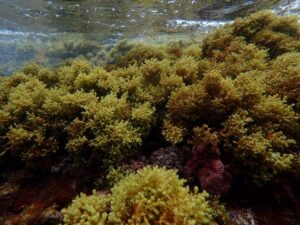
In addition, it is a partner of the LIFE INTEMARES project, coordinated by the Fundación Biodiversidad of the Ministry for Ecological Transition and the Demographic Challenge; it is part of the OCEAN+ project; and maintains an alliance with the Marilles Foundation in the Balearic Islands as well as active collaboration with RedPromar in the Canary Islands.
About the Marine Forests project
Marine Forests is coordinated by researchers from the University of Girona (IEA-UdG) and CEAB-CSIC within the framework of the FECYT project “A sea of forests” and CAMBIOMED, as well as by researchers from IEO-CSIC, the University of the Basque Country and the University of A Coruña.

